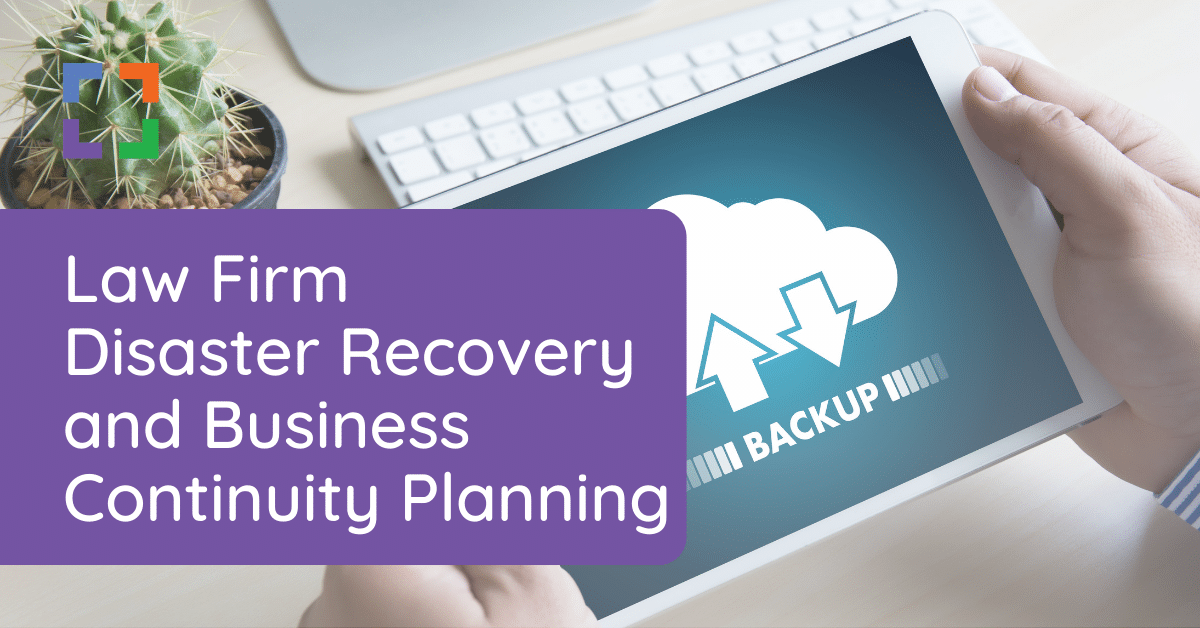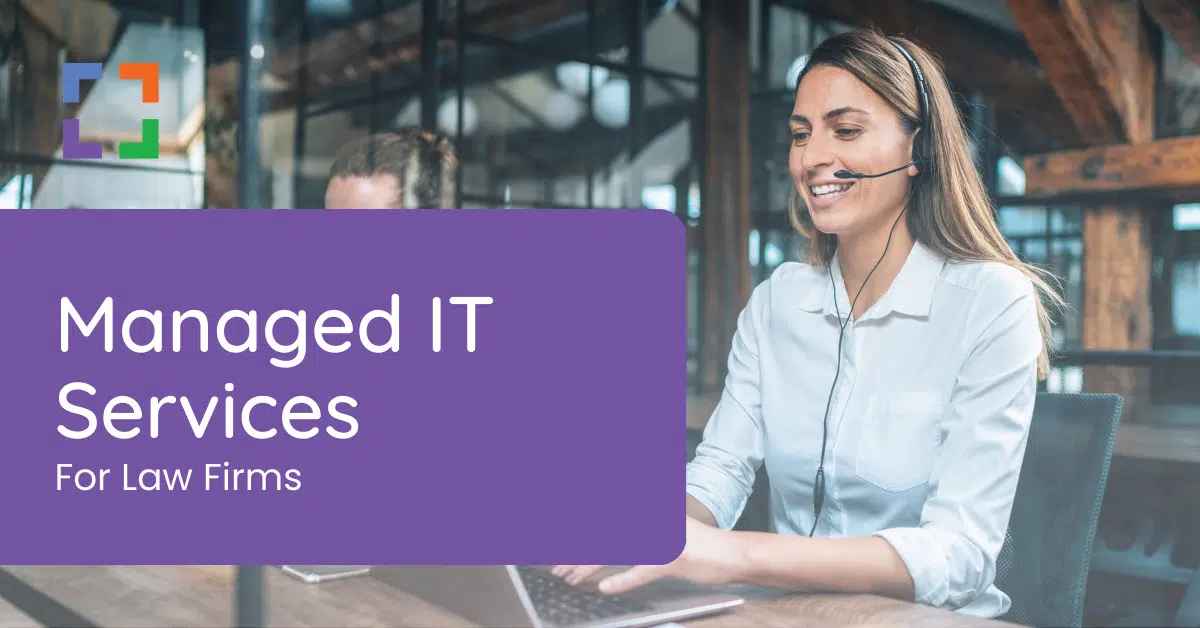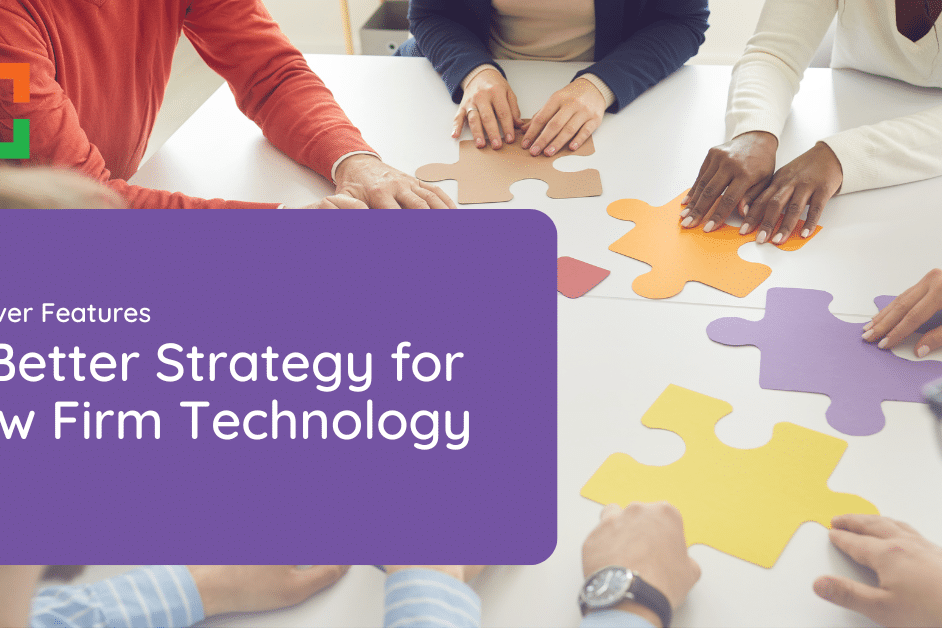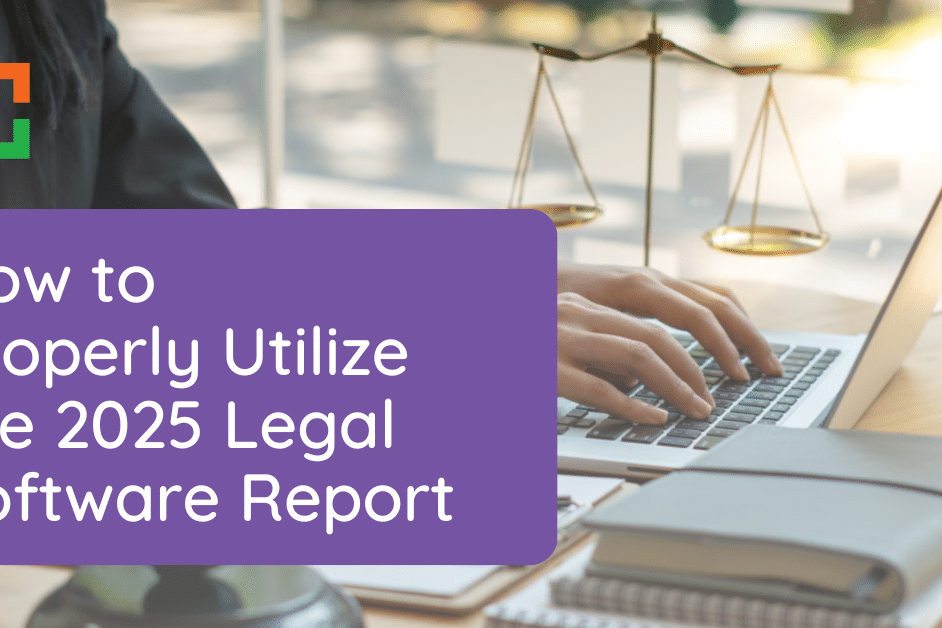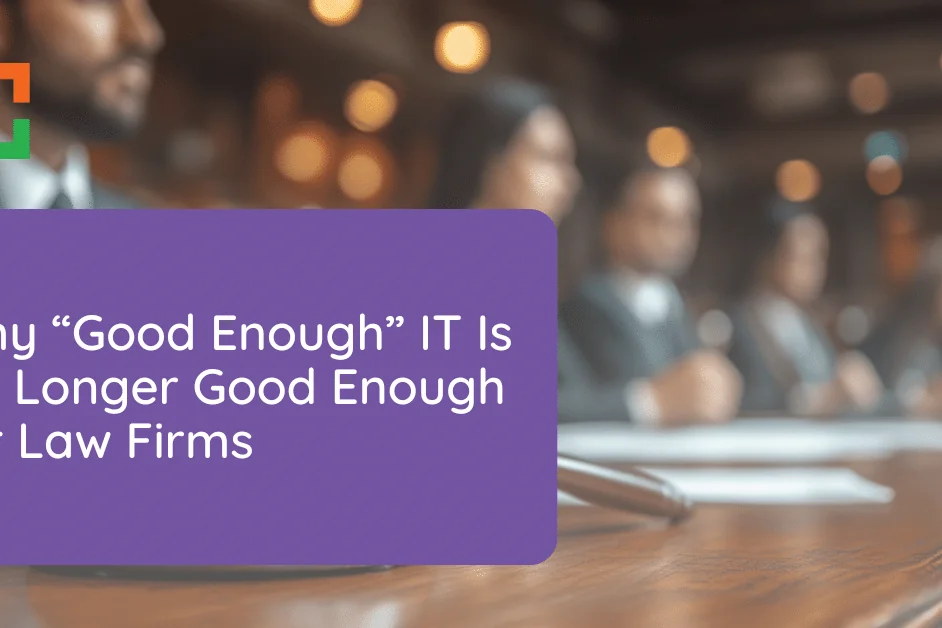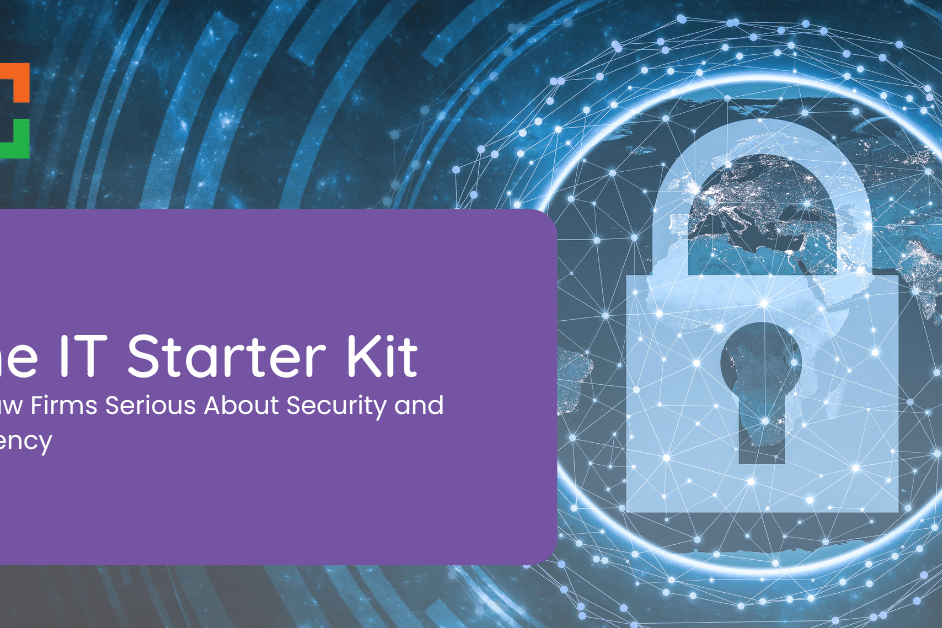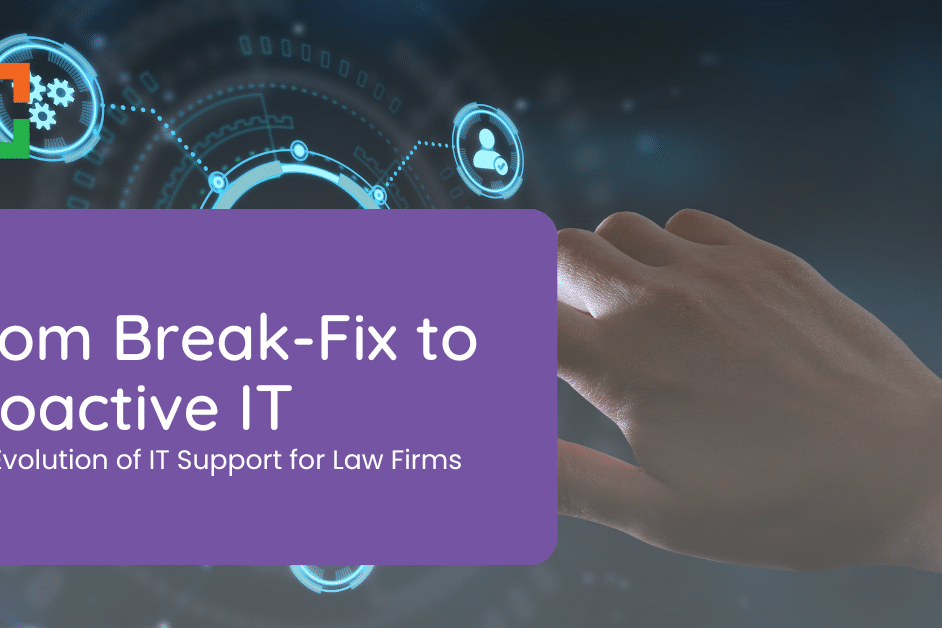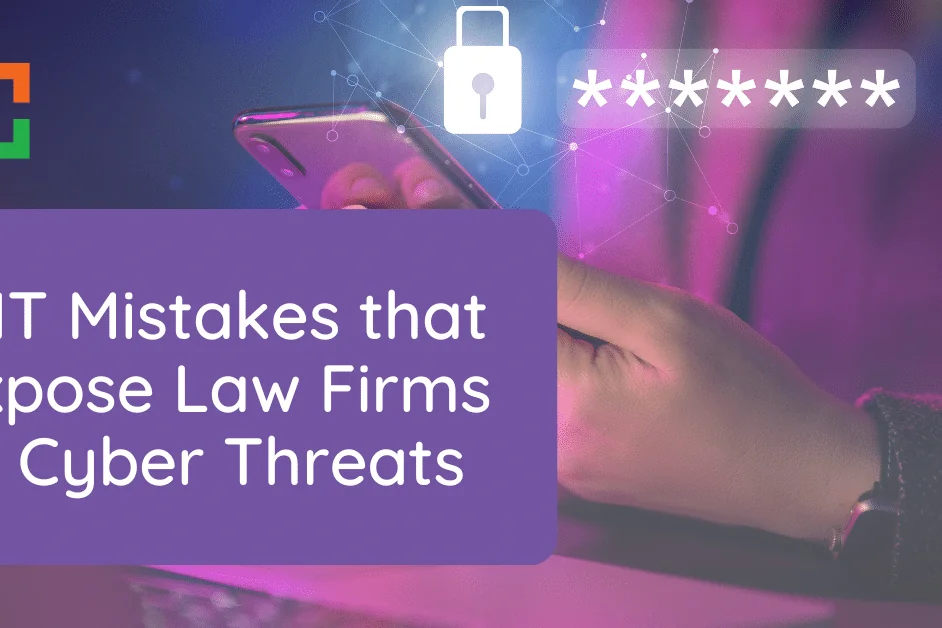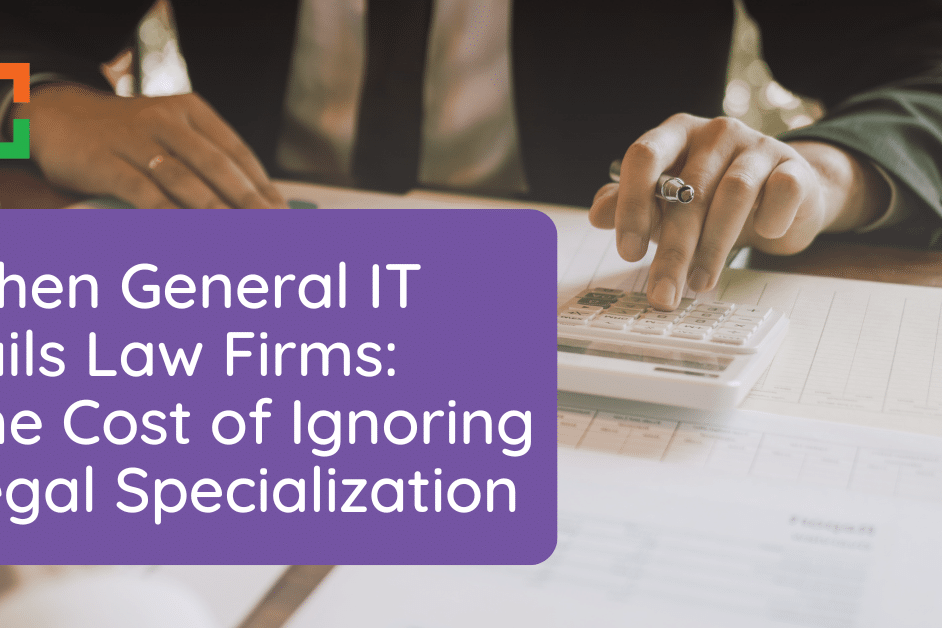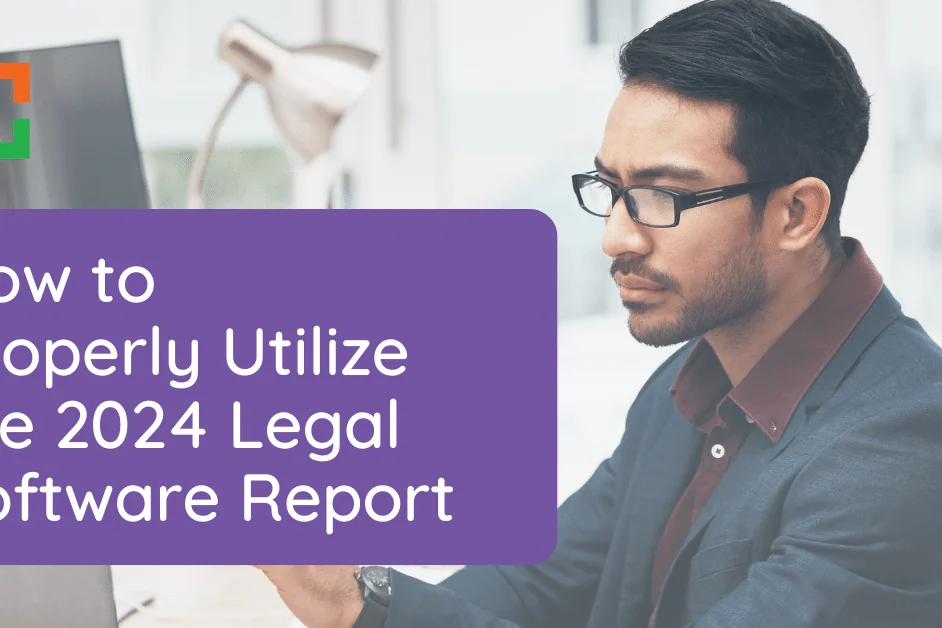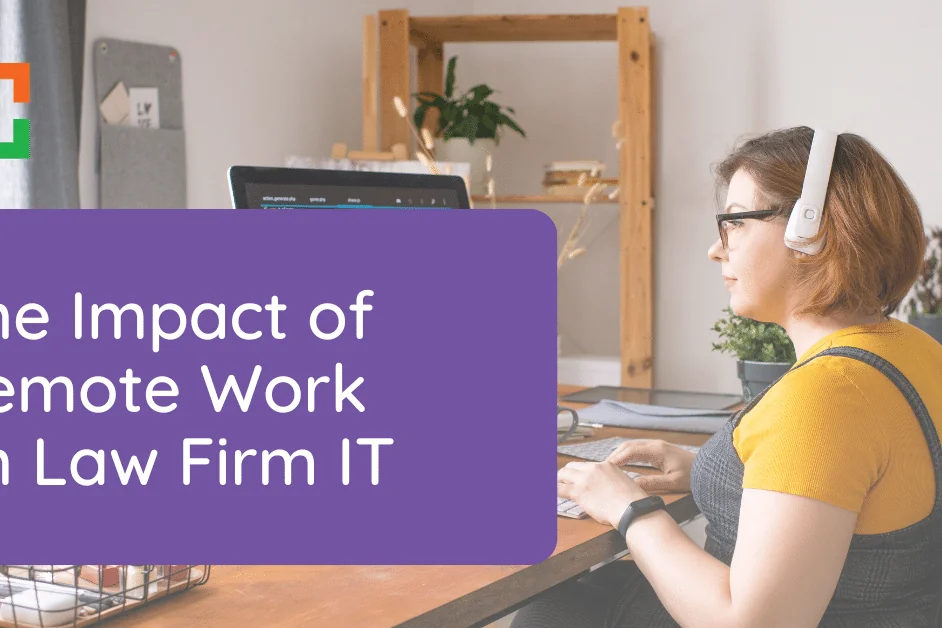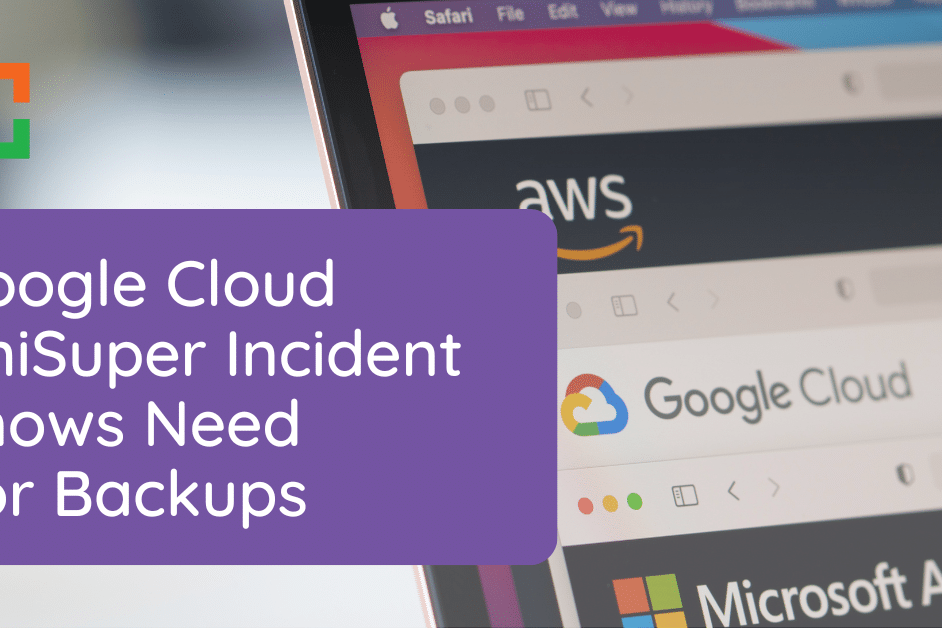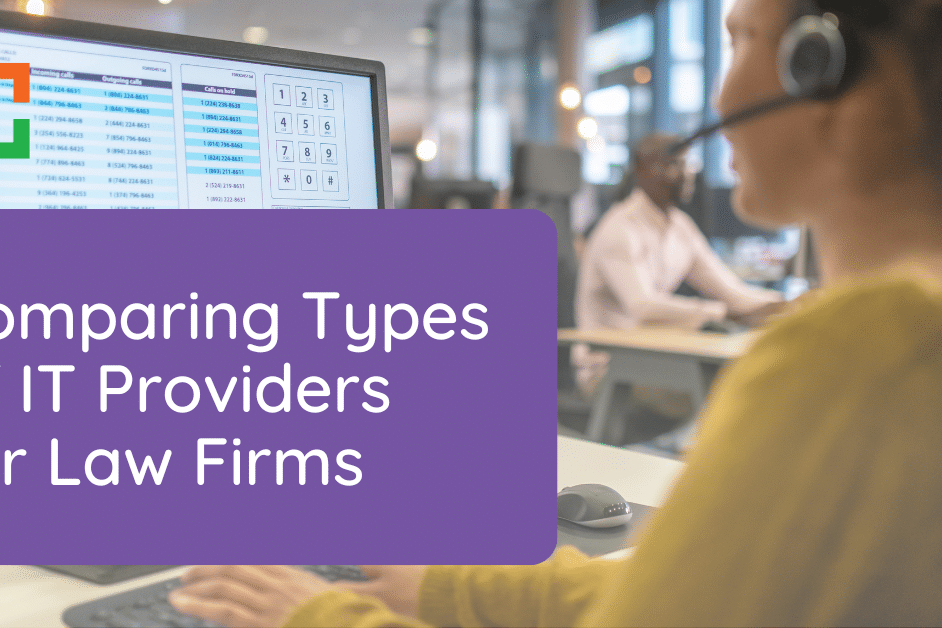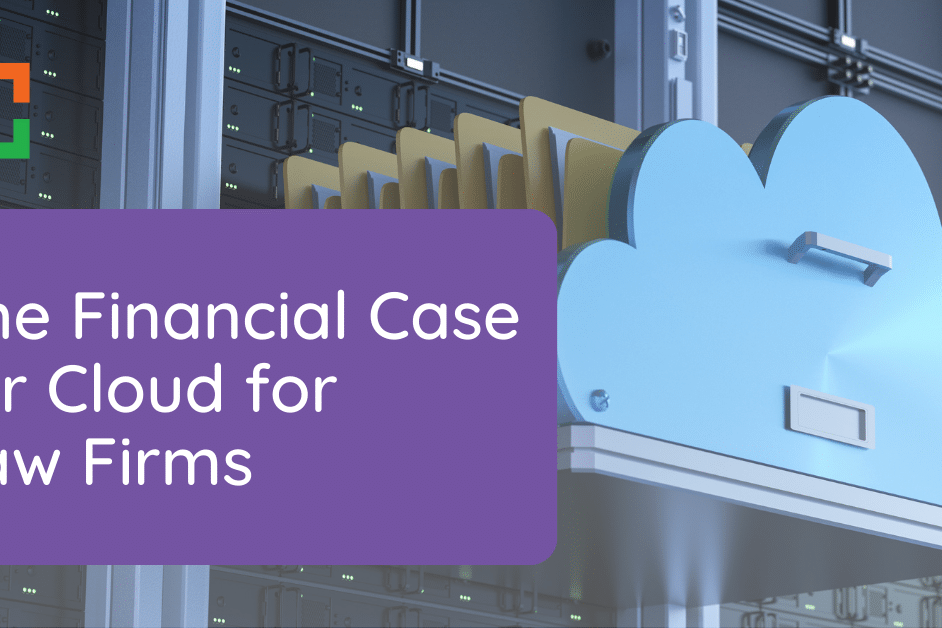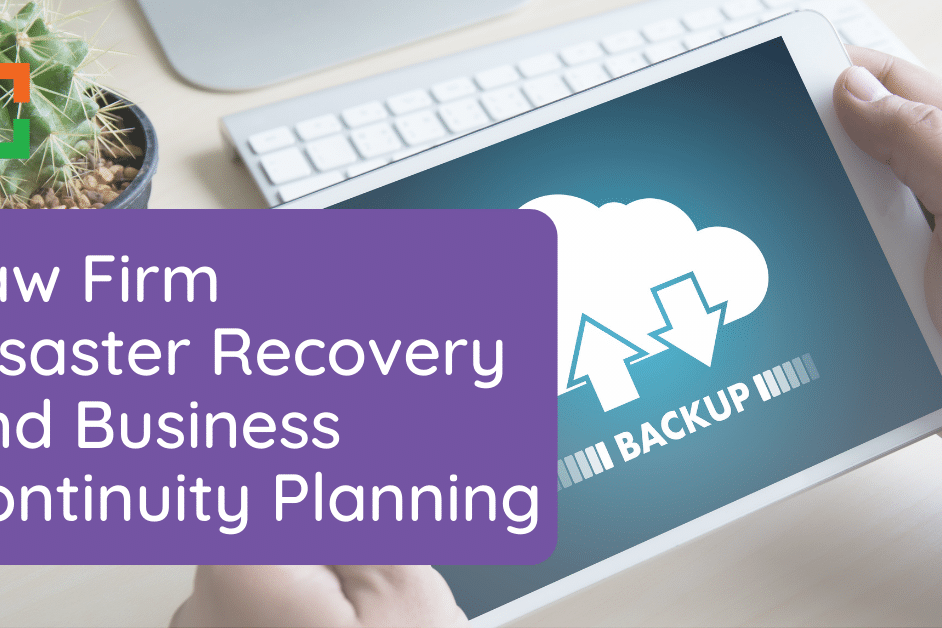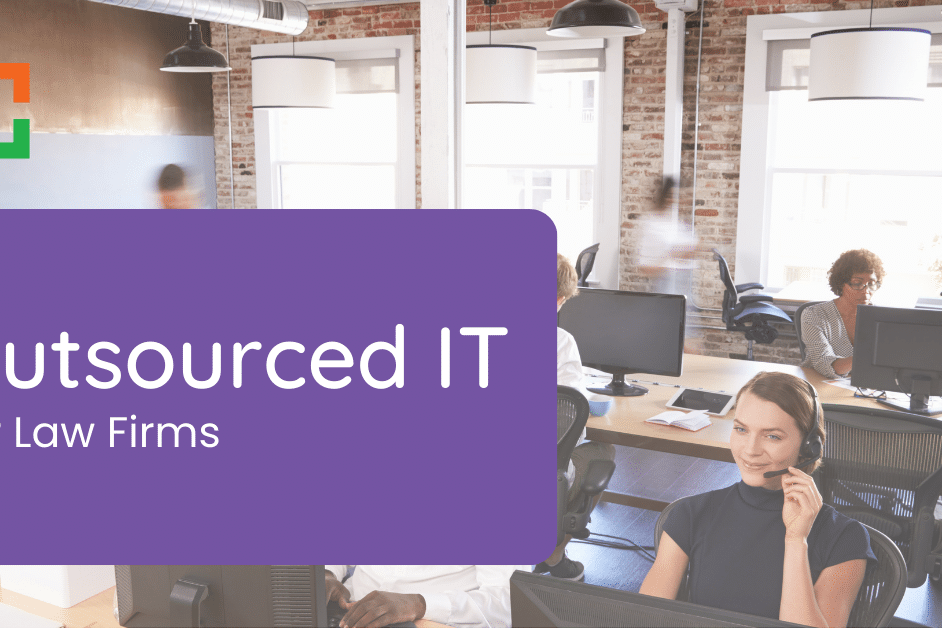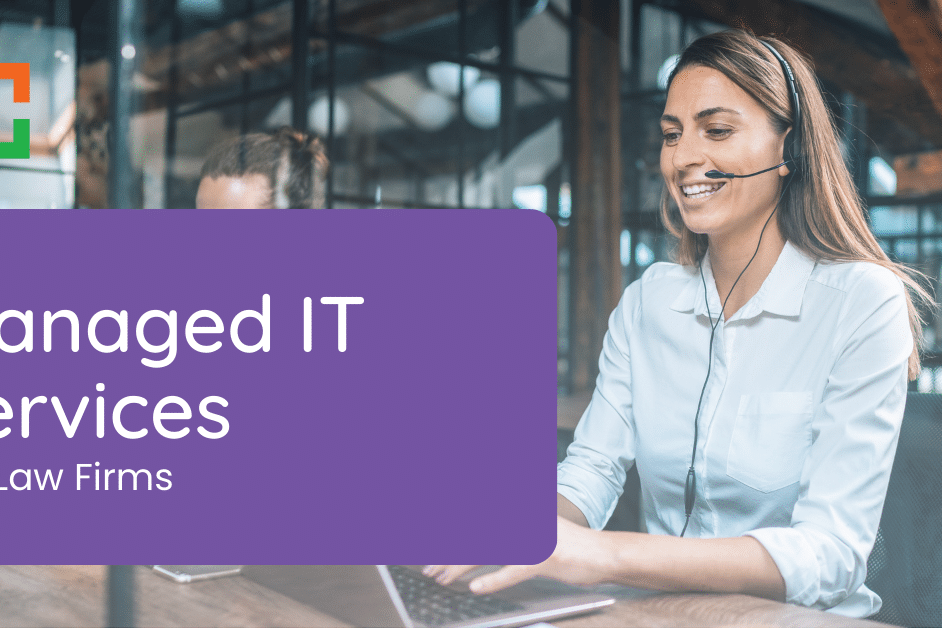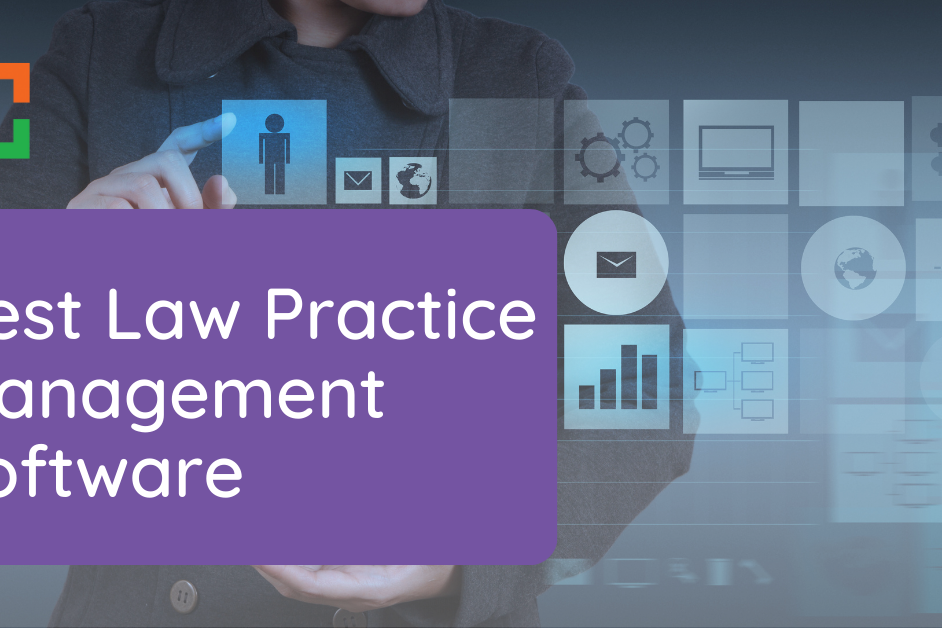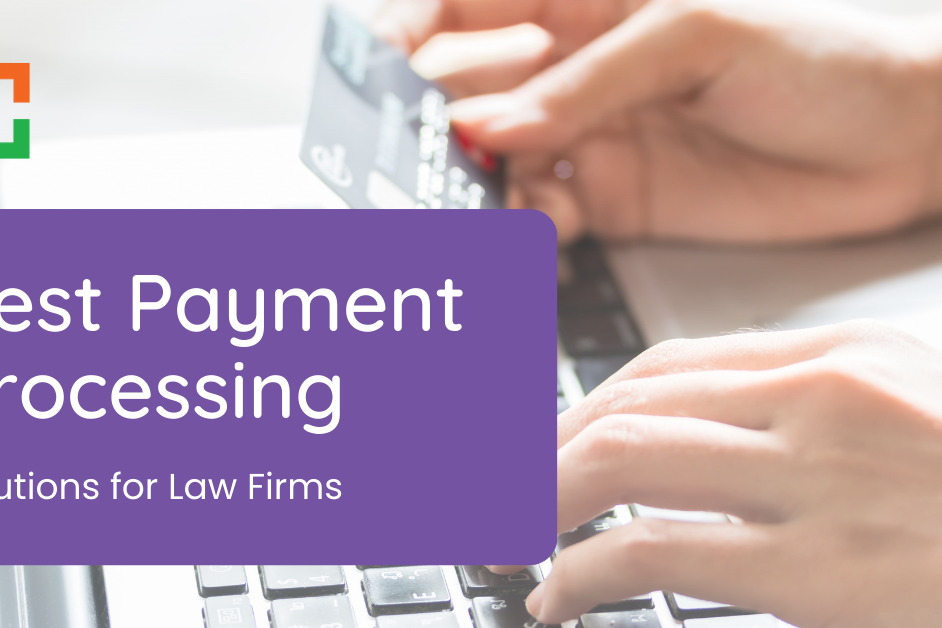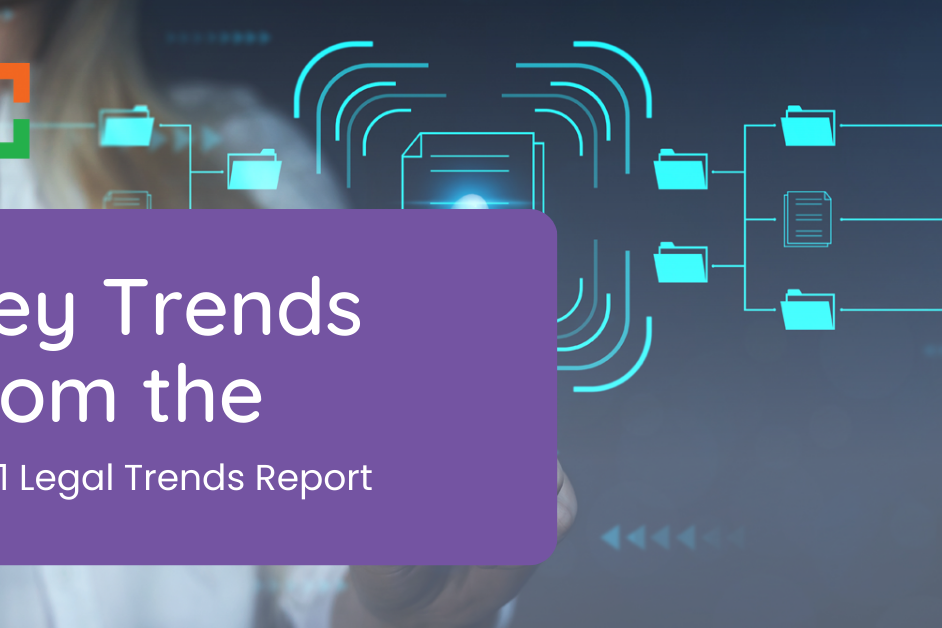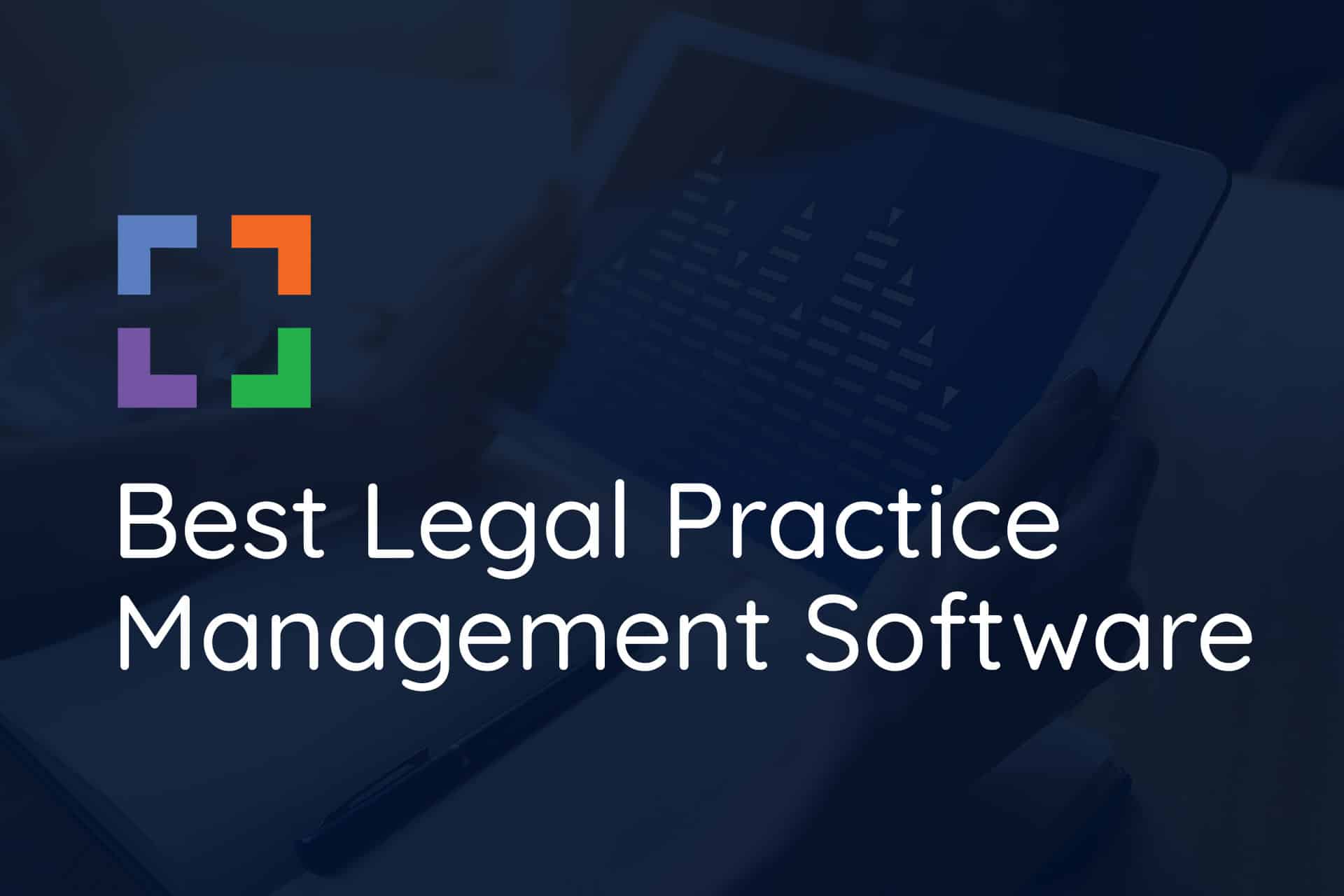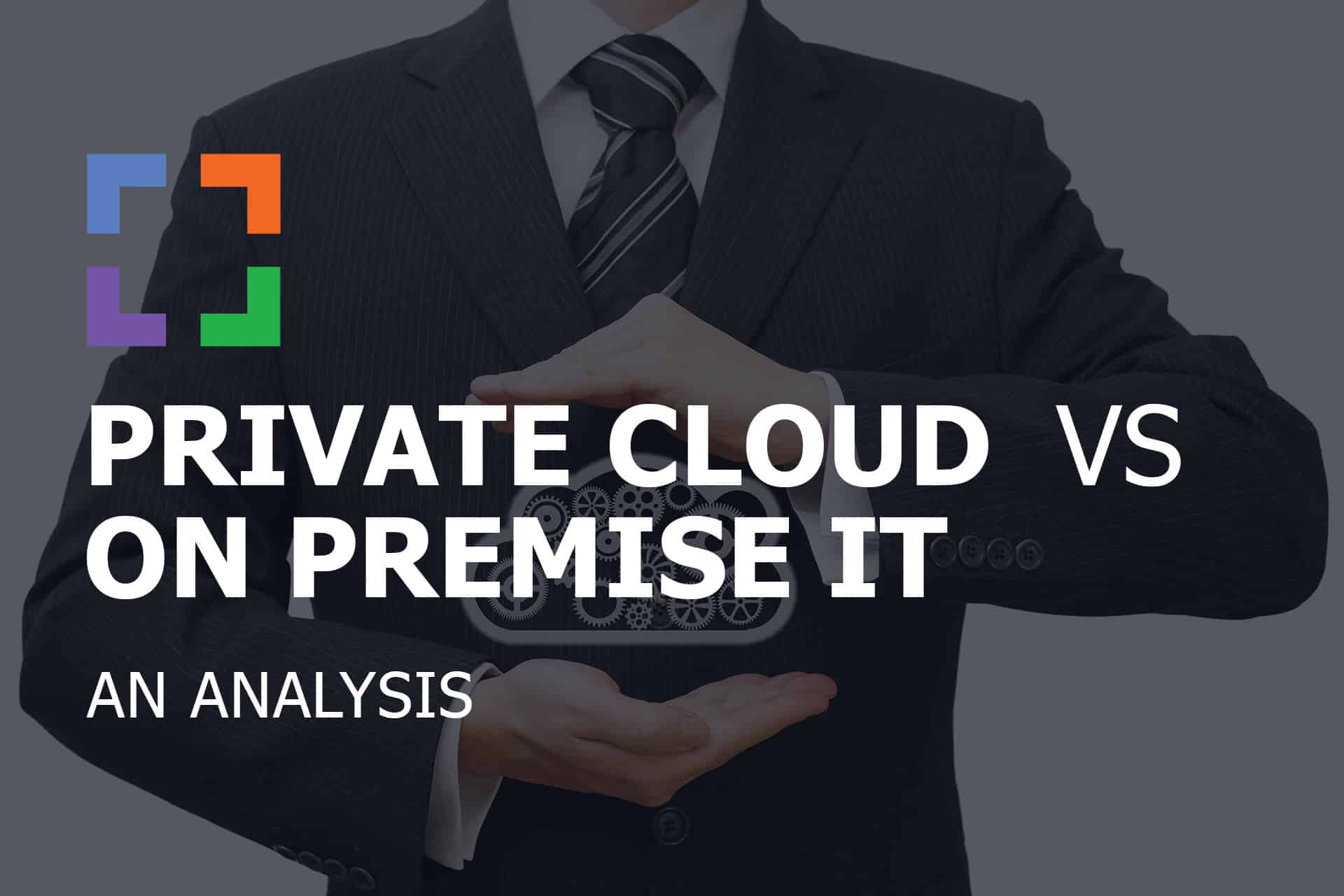Law Firms Are Falling Behind — It’s Time to Think Like a Tech Company
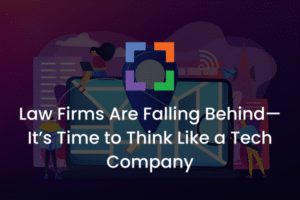
The legal industry has always valued precedent. But what happens when the precedent no longer works?
Clients expect more for less, legal tech is automating routine work, and alternative providers are offering faster, cheaper solutions. Yet many law firms are still clinging to outdated models that no longer serve them — or their clients.
Meanwhile, tech companies move fast, embrace innovation, and scale with ease. Law firms that adopt this mindset will stay ahead. The ones that don’t? They’ll be left behind.
In this article, you’ll learn:
- How tech-driven competitors are reshaping the legal industry
- Why adopting a growth-focused, tech-first mindset is no longer optional
- Actionable steps to make your firm more agile, scalable, and competitive
The question isn’t whether law firms should innovate — it’s whether they can afford not to.
The Hard Truth: Law Firms Are Stuck in the Past
For a long time, law firms had it easy—reputation, billable hours, and tradition kept business steady. But the legal industry isn’t operating in a bubble anymore.
Clients are smarter, technology is moving at breakneck speed, and new competitors are shaking things up.
The firms that embrace these changes will find new ways to grow. The ones that don’t? They’ll be playing catch-up.
Security & Compliance are Non-Negotiable for Law Firms
With Uptime Practice Next, get:
- Multi-Factor Authentication
- Email Encryption
- Compliant Backups
- Desktop Protection
- Ransomware Protection
- and More!
Your Biggest Competition Isn’t Other Law Firms Anymore
Clients are looking for faster, cheaper, and more accessible legal services, and a new wave of tech-driven companies is stepping in to deliver.
Alternative Legal Service Providers (ALSPs) and legal tech startups are streamlining legal work, cutting costs, and automating tasks that once filled junior associates’ billable hours.
The result? Clients are finding solutions elsewhere.
Some of the biggest disruptors include:
- DoNotPay – The "robot lawyer" that helps users fight parking tickets, cancel subscriptions, and even handle small claims—all through an app.
- Rocket Lawyer – A platform that lets users draft contracts, wills, and other legal documents without ever hiring a lawyer.
- Hello Divorce – A digital service that guides users through the divorce process with easy-to-use tools and on-demand attorney support, turning what was once a high-billable-hour service into a low-cost, fixed-fee model.
- Eve – An AI-powered tool built for plaintiffs’ firms, streamlining client intake, case evaluation, and document drafting so lawyers can take on more cases with fewer resources.
These platforms aren’t replacing law firms entirely—but they are stripping away the straightforward, high-volume work that once helped law firms turn a profit. Meanwhile, AI is eliminating the need for hours of manual legal research, contract review, and due diligence.
Law firms that ignore this shift will see their bottom line shrink as clients choose faster, tech-driven solutions. The ones that adapt will be the ones still standing in the next decade.
Related – The Real Value of Legal Specialty in IT Services: You’re a law firm, so you should logically choose IT support that knows how to actually support you. Learn more.
The Old-School Approach to Growth No Longer Works
Hiring more lawyers, taking on more cases, and increasing billable hours isn’t a growth strategy — it’s a treadmill. Firms that still operate this way are burning resources without actually building a more sustainable business.
Clients are pushing back on hourly billing, demanding efficiency, transparency, and flat-fee pricing.
Meanwhile, tech-driven firms are scaling faster and more profitably — without adding headcount. Instead of relying on an army of associates, these firms are leveraging AI, automation, and cloud-based tools to handle legal work at a fraction of the cost.
Consider:
- AI-powered research tools pull case law, draft contracts, and analyze documents in minutes instead of hours, reducing the need for junior associates to do manual, billable work.
- Cloud-based case management software automates workflows, streamlines client communication, and cuts down on administrative overhead.
- Legal subscription models and fixed-fee pricing — popularized by companies like Rocket Lawyer — are proving that clients prefer predictable pricing over billable-hour uncertainty.
The firms that get this shift are scaling with efficiency, not excess. They’re investing in process automation, alternative revenue models, and smarter client service instead of throwing more lawyers at the problem.
What Law Firms Can Learn From Tech Companies
Tech companies move fast. They test new ideas, figure out what works, and keep improving.
Law firms? Not so much.
There’s a tendency to wait until change is unavoidable instead of embracing it early. But the firms that take a page from the tech playbook — adapting quickly, scaling smart, and putting clients first — are the ones that will stay competitive.
Would You Rather: Serve Clients or Manage IT?
Use Uptime Practice Next for:
- Unlimited IT Support
- Legal Software Consultation
- Cloud Storage
- Security Protection
- Data Backups
- and More!
Mindset Shift: From Cautious to Growth-Oriented
Tech companies don’t wait for certainty. They try new things, adjust as they go, and aren’t afraid to scrap what doesn’t work. Law firms, on the other hand, tend to stick with what’s familiar — even when it’s outdated.
Experimenting doesn’t mean recklessness. It means testing new pricing models, automating routine tasks, and finding better ways to serve clients. Firms that take a proactive approach will get ahead. The ones that don’t will be forced to catch up later.
This shift is already happening. Legal professionals’ use of AI jumped from 19% in 2023 to 79% in 2024 — a sign that firms are starting to recognize the need to innovate and evolve.
Build for Scale, Not Just for Survival
Adding more lawyers isn’t the only way to grow. Cloud-based systems, AI-powered research, and automated workflows allow firms to handle more clients without constantly expanding headcount. Smart firms are making their operations leaner and more efficient.
Instead of seeing technology as just another expense, firms should be using it to free up lawyers for higher-value work, cut down on busywork, and serve more clients without adding unnecessary overhead.
This is why law firm spending on technology is growing faster than overall overhead — by nearly 4 percent — as firms invest in tools that improve efficiency and profitability.
Obsess Over the Client Experience
People don’t just love tech companies because of their products. They love them because they make life easier. Law firms should be thinking the same way.
Clients want clear pricing, fast responses, and a process that doesn’t feel like a headache. A firm that offers real-time case updates, seamless digital communication, and straightforward billing isn’t just meeting expectations — it’s standing out in an industry that’s still catching up.
Use Data Like a Silicon Valley Startup
Tech companies make decisions based on data, not just instinct. They track what works, analyze patterns, and adjust accordingly. Law firms have access to just as much valuable data — but most don’t use it.
Tracking client behavior, case outcomes, and operational efficiency can help firms make smarter business decisions. Instead of relying on gut feeling, they can use real numbers to improve marketing, pricing, and even legal strategies.
Law firms don’t need to become tech companies. But if they start behaving like them — moving faster, scaling smarter, putting clients first, and using data wisely — they’ll be in a much better position for the future.
How Law Firms Can Start Acting Like Tech Companies (Without Losing Their Identity)
Law firms that see technology as just another expense are missing the bigger picture. Clients expect faster service, lawyers want to spend less time on tedious tasks, and competition is coming from places no one saw coming.
The firms that use technology to work smarter — not harder — are the ones staying ahead.
Step 1: Stop Treating Tech as an Expense — It’s an Investment in Your Survival
Most firms see technology as just another cost to manage, but the right tools can do much more. Firms that use tech strategically are cutting overhead, streamlining workflows, and giving lawyers more time to focus on actual legal work.
AI-driven research, automation, and cloud-based collaboration have gone from optional upgrades to industry standards. Firms that integrate them are improving service, reducing administrative work, and handling more cases without constantly adding staff.
The biggest shifts are already happening:
- AI-powered research tools are reducing legal research time from hours to minutes.
- Workflow automation is managing client intake, contract drafting, and other repetitive tasks.
- Cloud-based case management is improving collaboration, keeping case files organized, and making remote work easier.
Firms that take advantage of these changes are positioning themselves for long-term success.
Related – Law Firm Disaster Recovery and Business Continuity Planning: Maintaining uptime and stability matters foremost. When disaster does strike, ensure you have a plan (or hire someone who does).
Step 2: Rethink Your Business Model
The billable hour isn’t sacred—it’s just what firms have always done. But clients are getting tired of unpredictable invoices and questioning whether they’re paying for expertise or just time spent on a task.
More firms are ditching the hourly model in favor of flat fees, subscription-based services, and hybrid pricing. A Bloomberg study found that 84% of law firms now offer some form of alternative fee arrangement because clients are demanding more cost certainty and flexibility.
Traditional firms that refuse to adapt will lose business to firms that give clients what they actually want.
Step 3: Empower Lawyers to Think Like Innovators
Most firms reward lawyers for doing things the way they’ve always been done. That’s a problem.
The firms pulling ahead are the ones that encourage experimentation and efficiency. Not reckless change — just a willingness to test new tools, rethink outdated processes, and free up lawyers to focus on real legal work instead of paperwork.
That starts with automation. Client intake, document review, contract drafting — none of these should be eating up hours when technology can handle them in minutes. Lawyers shouldn’t be buried in admin work when their time is better spent on strategy, advocacy, and growth.
Firms that give lawyers the right tools and the freedom to improve how they work aren’t just making their jobs easier. They’re making their firms stronger.
Step 4: Measure What Matters
Billable hours don’t tell you if a firm is running well — they just show how much time lawyers are spending. That’s not the same as efficiency, profitability, or client satisfaction.
Firms that track how long cases take, where work gets bottlenecked, and which clients bring long-term value make smarter decisions. They know what’s working, what’s wasting time, and where to improve.
The firms relying on gut instinct will keep making the same mistakes. The ones using data will move faster, serve clients better, and stay ahead.
It’s time to stop tracking just time spent and start measuring what actually matters.
Related – Managed IT Services for Law Firms: Whenever you’re ready, we’re here to managed your IT. Read this article to learn more about the value of outsourcing your IT to a professional.
The Future of Law Belongs to the Bold
The firms that adapt will thrive. The ones that don’t will fade into the background.
Law is changing. Technology is streamlining work, clients expect more for less, and competition is coming from places no one saw coming. The firms that embrace innovation, rethink outdated business models, and put clients first will own the next decade.
The choice is simple: evolve or get left behind.
Uptime Practice:
The IT & Cloud Platform for Law Firms.
Uptime Practice is a suite of Managed IT and cloud services, made exclusively for law firms.
Practice Next
Technology + Legal Software Support for Modern Law Firms
Practice Next is a suite of Managed IT, Legal Software Support, and Cloud Essentials, made just for law firms.
-
Practice Next is a suite managed IT, technology essentials and legal software support.
-
Practice Next includes unlimited IT and legal software support, Microsoft 365, legal-centric cloud storage and more.
-
Practice Next pairs great with cloud-based legal software such as Clio Manage, CosmoLex, MyCase and more.
Practice Go
Cloudify Your Legal App
Does your law firm already have a cloud strategy, but have one premise-based application still running on onsite servers? Practice Go is for you.
- With Practice Go, we effectively turn your desktop/server- based legal software into a cloud application (a Published App), freeing your firm from the limitations of traditional software.
- Practice Go can cloudify your PCLaw, Time Matters, Tabs3, ProLaw, Juris, QuickBooks and more.
Practice Foundation
Complete Private Cloud for Law Firms
If your law firm needs a central, secure cloud platform for all of your legal software, documents and data, Practice Foundation is for you.
-
Practice Foundation is an end-to-end cloud platform that will host all of your firm's applications and documents, and will optionally include Office 365 + unlimited IT support. Everyone in your firm logs into a Virtual Desktop where they'll find all of their apps and docs.
-
Practice Foundation works with PCLaw, Time Matters, Tabs3, ProLaw, Juris, QuickBooks, Timeslips, TrialWorks, Adobe Acrobat and more.
Not Sure Which Edition You Need?
No problem. Check out our quick Comparison Chart for Uptime Practice, or Get in Touch to talk with our sales team.

Dennis Dimka
As the founder and CEO of Uptime Legal Systems, I've had the privilege of guiding our company to become a leading provider of technology services for law firms.
Our growth, both organic and through strategic acquisitions, has enabled us to offer a diverse range of services, tailored to the evolving needs of the legal industry.
Being recognized as an Ernst & Young Entrepreneur of the Year Finalist and seeing Uptime Legal ranked among the Inc. 5000 list of fastest-growing private companies in America for eight consecutive years are testaments to our team's dedication.
At Uptime Legal, we strive to continuously innovate and adapt in the rapidly evolving legal tech landscape, ensuring that law firms have access to the most advanced and reliable technology solutions.
Related Posts
November 21, 2025
Fit Over Features: A Better Strategy for Law Firm Technology
September 16, 2025
How to Properly Utilize the 2025 Legal Software Report
January 20, 2025
5 IT Mistakes that Expose Law Firms to Cyber Threats
September 30, 2024
How to Properly Utilize the 2024 Legal Software Report
September 26, 2024
Outsourced but Onshore: Navigating Law Firm IT Regulations
June 27, 2024
The Impact of Remote Work on Law Firm IT
June 11, 2024
Which Uptime Practice Solution Is Right for You?
May 29, 2024
The Real Value of Legal Specialty in IT Services
April 24, 2024
Comparing Types of IT Providers for Law Firms
April 1, 2024
The Financial Case for Cloud for Law Firms
March 8, 2024
25 Things To Ask Your Legal Private Cloud Provider
February 28, 2024
Law Firm Disaster Recovery and Business Continuity Planning
February 22, 2024
Types of IT Services for Law Firms
February 8, 2024
Legal Data Management & Storage Solutions for Law Firms
February 1, 2024
How to Choose the Right IT Provider – A Guide for Law Firms
January 9, 2024
VoIP for Law Firms
December 15, 2023
7 Reasons Your Law Firm Should Consider Tabs3
December 15, 2023
Cybersecurity for Law Firms
December 8, 2023
Managed Cloud Services for Law firms
November 15, 2023
Outsourced IT for Law Firms
November 9, 2023
Managed IT Services for Law Firms
October 11, 2023
IT Support for Law Firms
September 28, 2023
Best Law Practice Management Software (2025)
July 20, 2023
Private Cloud 101 for Law Firms
March 24, 2023
Best Law Firm Payment Processing Solutions
December 8, 2021
Key Trends from the 2021 Legal Trends Report
February 24, 2021
Uptime Legal Joins the Thomson Reuters Marketplace
November 18, 2019
Best Legal Practice Management Software for 2021
September 16, 2019
The Financial Case for Cloud for Law Firms
June 17, 2019
Law Firm IT – What Are Your Options?
June 10, 2019
5 Things to Require of Your Law Firm IT Provider
January 7, 2019
Time Matters® Go – An Uptime Legal Review
June 29, 2018

